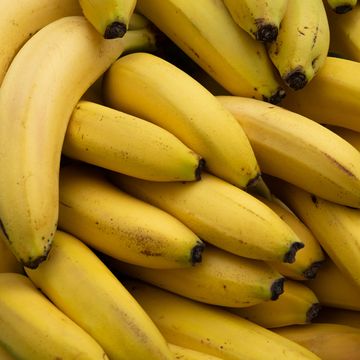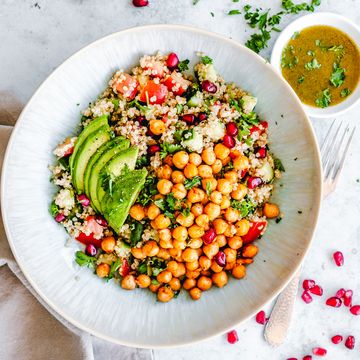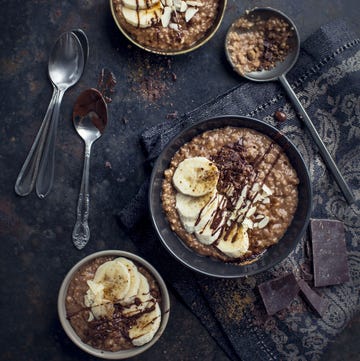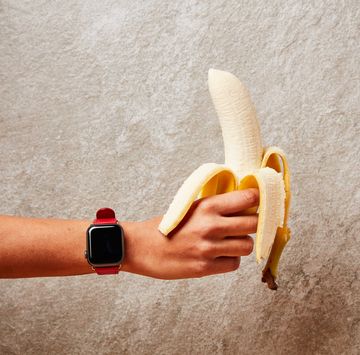The best electrolyte drinks, powders and tablets
Porridge: Is it healthy.

How long before a marathon should you start carb loading, and how do you know how much to eat? Far more than just eating a bowl of pasta the night before, a good carb load can make all the difference to your performance on race day.
To find out more, we spoke to Emma Barraclough, a Sports Nutritionist at SiS. She has provided nutritional consultancy support to athletes in a range of sports including running, triathlon and rugby. She regularly represents Great Britain as an age group triathlete and has completed six Ironman races.
Watch Next

The best high-carb foods for runners

A runner’s guide to the ‘Nordic diet’

5 Wachara Kireewong / EyeEm

Nutrition for runners: What you need to know

Porridge: Is it healthy?
The best high-carb foods for runners
The best high-carb foods for runners










